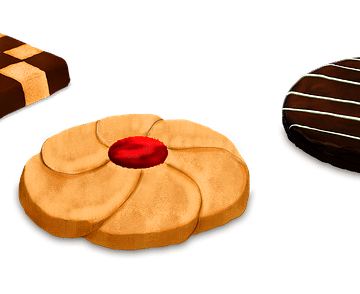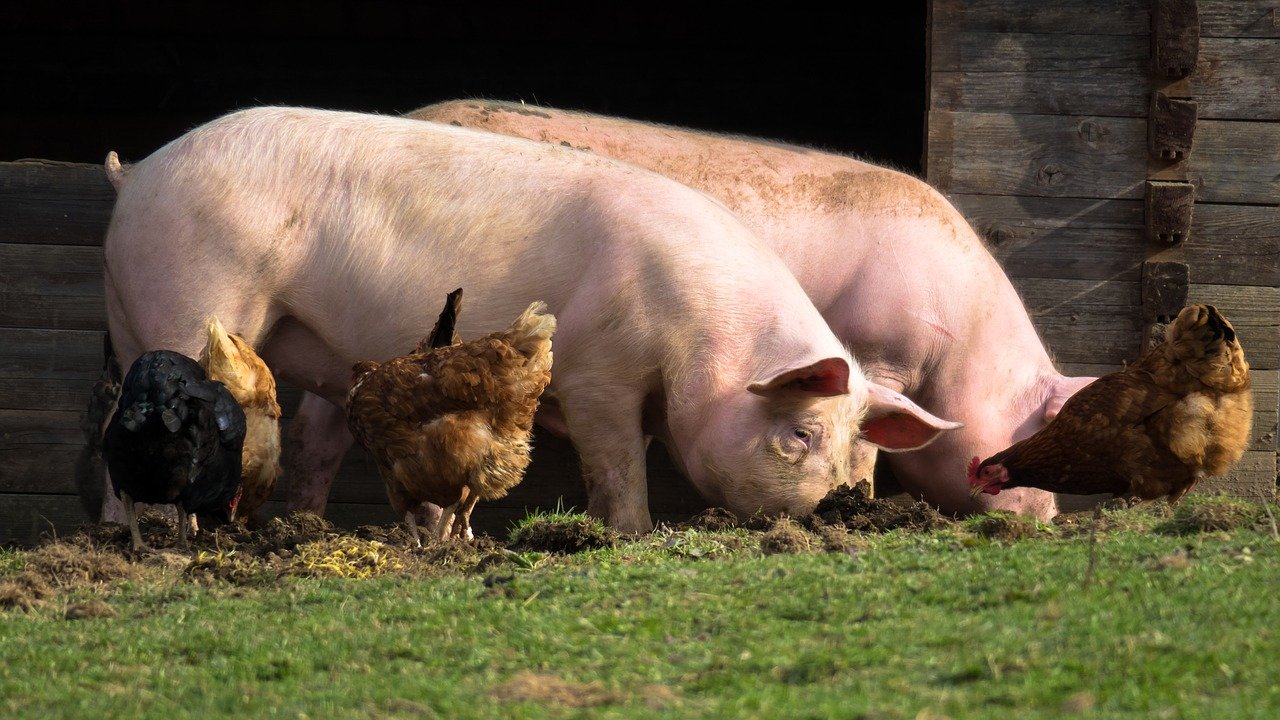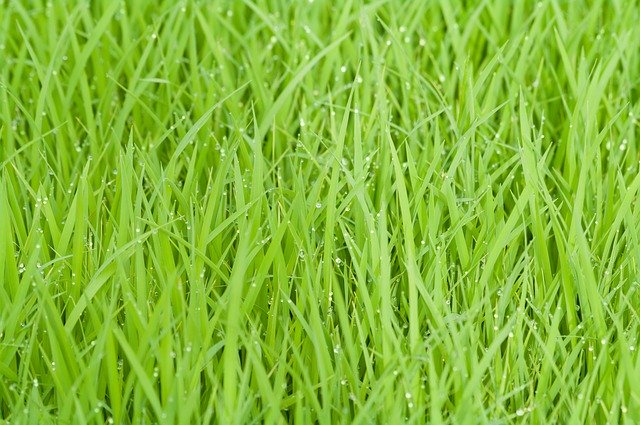Blast
Blast is caused by the fungus, Piricularia Oryzae.
It is one of the most common and serious diseases of rice. It can attack the plant at all stages.
If the plants are attacked in the early stages, the grains do not fill.
High relative humidity (more than 90%) and high nitrogen application favor its spread. It is a seed and airborne disease.
Adjustments in cultural practices, such as time of planting, spacing, and depth of transplanting can reduce the incidence to some extent.
The use of a high level of potassium fertilizer reduces the disease. Diseased plants should be removed as soon as they are observed while the use of resistant varieties is the most reliable control method.
Brown spot
Brown spot is caused by Helminthosporium oryzae.
Leaves develop round or oval spots which are dark brown or purplish-brown in color.
It is severe under conditions of low potassium nutrition and resistant varieties should be used where the disease is severe.
Leaf spot
It is caused by Cercospora oryzae. Elongated spots are produced which reduces yields.
The disease may be controlled by planting resistant varieties and removing diseased plants.
Bacterial leaf blight
It is caused by Xanthomonas oryzae and occurs in the nursery and field.
The disease is promoted by deep flooding. Integrated measures should be adopted for control including the avoidance of deep water in the nursery and spraying with chemicals; e.g. Agrimycin.
Insects
The insect pests of rice mainly stem borers, which may be controlled by the use of insecticides, e.g. Carbofuran granules.
Sitophilus oryzae affect rice grains in the store and the level can be drastically reduced if grains are properly dried before storage.
Other pests of rice are quelea birds and rats.
Birds in particular are a nuisance and appear at the time of grain ripening.
They can cause great losses if not scared and various methods are used including cloth on strings, rattles made with stones in time, ammonium hydroxide (1% solution) dispersed with a motor blower.








